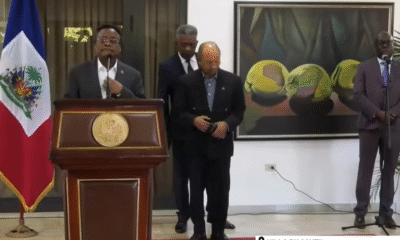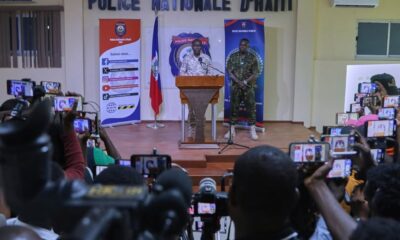Rashaed Esson
Staff Writer
#Haiti, October 4, 2023 – The Multinational force to be led by Kenya to Haiti was on Monday October 2, 2023 approved by the United Nations and now the East African Nation can deliver on its promise to deploy 1,000 police officers to the republic.
Reports say the force will not be under UN rule, according to the resolution which was acquired over the weekend by the Associated Press. Also, it stated that it will be funded by voluntary contributions, ABC reports.
The force will run for 12 months as authorized under the resolution and will undergo a review after nine months within its one year period.
Now that the mission is approved, as reported, the Haitian National Police will receive operational support from the multinational force especially in its underfunded and under-resourced state carrying just about 10,000 officers, not to mention their losing battle against the gangs.
The Special Force will work towards a number of things to help revive Haiti. As stated by the Resolution, it will help build the capacity of the local police “through the planning and conduct of joint security support operations as it works to counter gangs and improve security conditions in Haiti.”
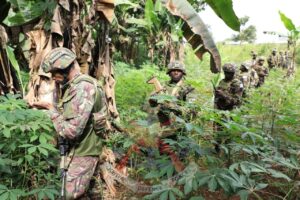 And, it will aid in securing “critical infrastructure sites and transit locations such as the airport, ports, and key intersections,” which would be crucial move as the gangs have taken control of key roads leading from Haiti’s capital to the country’s northern and southern regions, disrupting the transportation of food and other goods.
And, it will aid in securing “critical infrastructure sites and transit locations such as the airport, ports, and key intersections,” which would be crucial move as the gangs have taken control of key roads leading from Haiti’s capital to the country’s northern and southern regions, disrupting the transportation of food and other goods.
As previously pointed out in reports, Kenya will not be left alone in their endeavor as it will be backed by other nations that have pledged to support Haiti such as Jamaica, Antigua and Barbuda, The Bahamas and even non Caribbean nations such as Italy as well as the United States which committed about $200 million in support, including logistics and equipment will participate in the stabilization of the embattled Republic.
Of the Security Council, 13 of the 15 members voted for the mission; China and Russia abstained.
Jean Victor Geneus, Haitian Foreign Minister spoke about the voting as reported by Voanews saying, “The vote on this text represents significant progress towards resolving the multidimensional crisis that Haiti is going through,” adding that it’s a glimmer of hope for the people that have for too long been suffering the consequences of a difficult political, socioeconomic, security and humanitarian situation.
On behalf of Haiti, Maria Isabel Salvador, representative, UN representative in Haiti, had open arms welcoming the approval of the mission, expressing that it’s “positive and decisive step to bring peace and stability to the country,” further pointing out that it's not under the UN saying, “It is important to emphasize that, unlike recent international missions deployed in Haiti, the MSS mission is not a U.N. mission.”
This brings to attention the fact that Haiti has had issues in the past with UN peacekeepers deployed in the country.
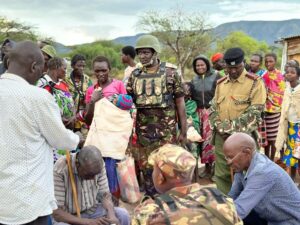 For instance, in 2004, when the UN approved a stabilization mission which was vitiated by a sexual abuse scandal and the introduction of cholera.
For instance, in 2004, when the UN approved a stabilization mission which was vitiated by a sexual abuse scandal and the introduction of cholera.
Considering this, there has been concern regarding Kenya’s promise to lead the security force to the nation especially since critics say Kenya's police have long been accused of using torture, deadly force and other abuses.
But the Resolution aims to keep the deployment in check, explicitly stating every effort to repeat any offence against Haiti must be thwarted and if suspected, the necessary action must be taken in order to ensure sexual exploitation and abuses are absent from the intervention. This includes better scrutiny, the Resolution demands that participating personnel be thoroughly vetted.
The UN Security Council endorsed agreement also demands swift investigations of any allegations of misconduct.
The resolution warns that those involved in the mission must adopt wastewater management and other environmental controls in order to prevent the introduction and spread of water-borne diseases.
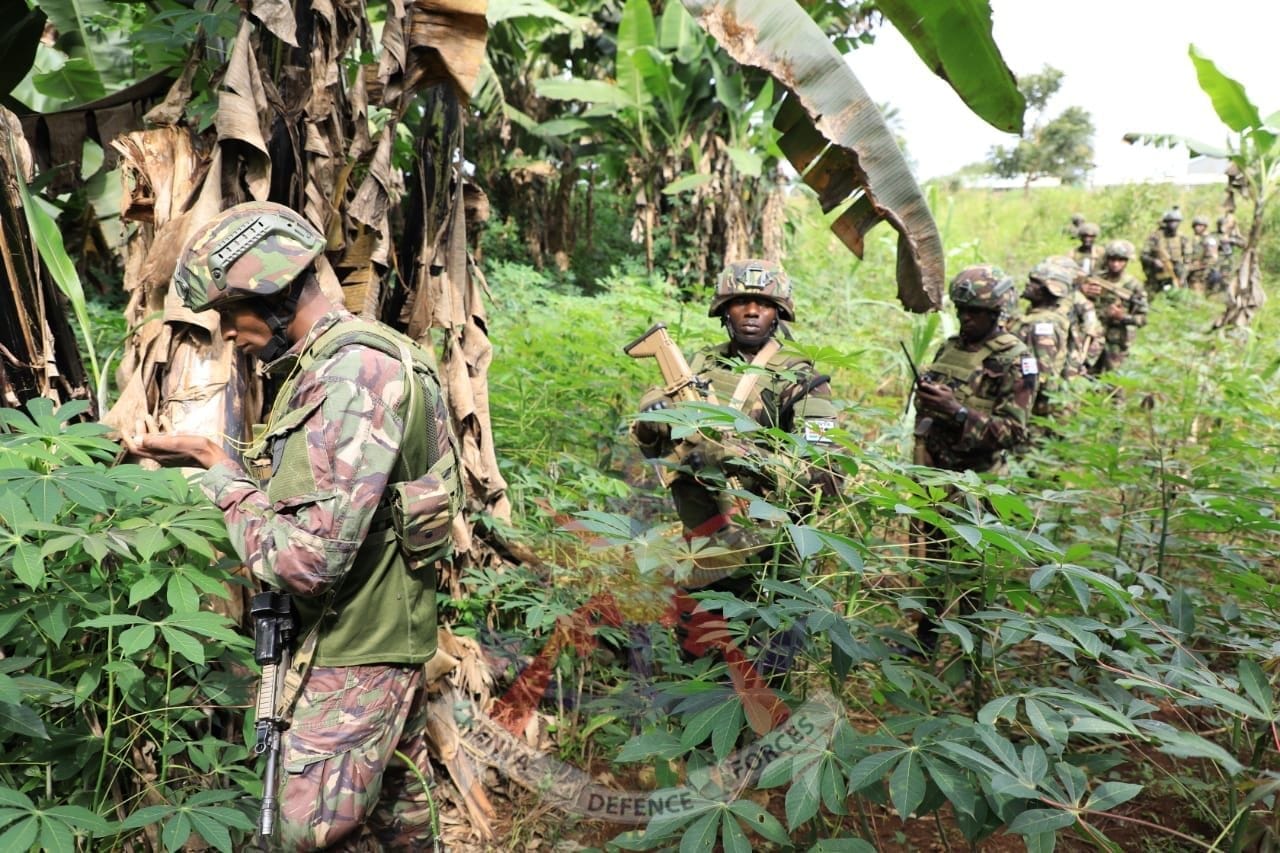

 News4 days ago
News4 days ago
 News1 week ago
News1 week ago
 Caribbean News5 days ago
Caribbean News5 days ago
 News4 days ago
News4 days ago


